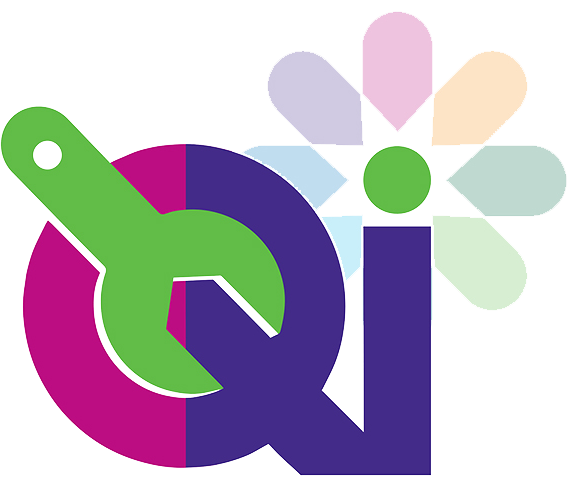An in-depth look at staff skills took place in urgent care in east Kent, with the aim of making improvements – for the workforce and for patients.
This resulted in the creation of a new training programme for healthcare assistants (HCAs), which includes:
- a five day training course taken over six months
- a work handbook including competency sign-off sheets
- and clinical observation skills training, including taking a patient’s temperature, pulse, respirations, blood pressure, pulse oximetry, blood sugar levels and urinalysis.
The changes have meant HCAs are now more skilled across a range of areas, able to perform some clinical observations in place of a more senior nurse and able to identify when problems need to be escalated to another member of the care team, such as physiotherapy or occupational therapy.
The need for a new programme
Prior to the new programme, training was organised at a local level in a more ad hoc way. The creation of new roles provided an opportunity to do things differently, as Sue Prebble, Project Lead in Intermediate Care, explains:
“We saw an opportunity to develop a more formal, consistent training programme which would give our healthcare assistants extended skills, enabling them to support older people to remain in their own homes, avoiding unnecessary hospitalisations. The programme will ensure we use our resources more efficiently.”
Establishing a new training and competency programme
The project started in August 2018 with an exercise to look at existing competencies within a range of disciplines including nursing, physiotherapy, occupational therapy, speech and language therapy and dietetics.
From there, the project group developed an in-house training programme, which is complemented by standardised training resources. There is also a handbook which is used as an ongoing resource by colleagues in their day-to-day work.
Colleagues attend five theory days over six months and at the end of each training session are given a competency document to take back to their workplace. Senior managers sign off competencies as they are achieved.
An in demand programme
The first cohort of 17 trainees began their programme in January 2019 and received their certificates in August 2019. A second cohort had almost finished their training in August 2019. A third cohort started their training in July 2019 and a fourth cohort will begin training in October 2019.


